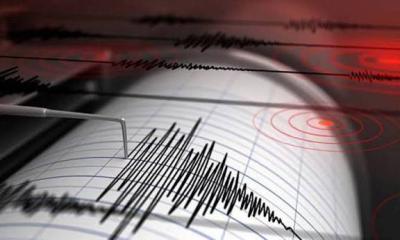A Dhaka court has granted bail to 40 former members of the Bangladesh Rifles (BDR) in connection with a case filed under the Explosives Act related to the 2009 Pilkhana carnage. The order was issued on May 8 by Judge Ibrahim Miah of the Special Tribunal-2 in Dhaka.
On Monday (May 12), Chief Prosecutor Alhaj Borhan Uddin confirmed the bail order, stating that the hearing concluded on May 8, and the judge delivered the decision that evening. The full written order was received today.
More than 200 individuals had applied for bail, but after reviewing the applications, the court granted bail to 40 of them while rejecting the rest.
The 40 individuals granted bail include: Rezaul Karim, Shahjahan, Rafiqul Islam, Saiful Islam, Md. Shamim, Wali Ullah, Habibur Rahman, Tarikul Islam, Bani Amin Chowdhury, Md. A. Barik, Imtiaz Ahmed Nabin, Moazzem Hossain, Mizanur Rahman, Siddiqur Zaman Joarder alias Liton, Md. A. Monaf, Akidul Islam, Khalilur Rahman, Mizanur Rahman, Koutuk Kumar Sarker, Md. Salauddin, Sohrab Hossain, Kamal Hossain, Md. Ishak, Darul Islam, Sree Suman Chakraborty, Abu Sayeed, Sezan Mahmud, Md. Selim, Bidhan Kumar Saha, Masum Hasan, Firoz Mia, Sree Tapas Kumar Biswas, Rafiqul Islam, Kamal Mia, Noor-e-Alam Mia, Enamul Haque, Shafiqul Islam, Rabiul Alam, and Al Amin.
Previously, on January 19, the same court had granted bail to 178 BDR members, who were released from Dhaka’s Keraniganj and Kashimpur prisons on January 23.
The Pilkhana carnage occurred on February 25 and 26, 2009, when mutinous BDR personnel unleashed brutal violence at their headquarters in Pilkhana, Dhaka, killing 74 people, including 57 army officers. Following the incident, both the Ministry of Home Affairs and the Bangladesh Army formed separate investigation committees.
Although both reports recommended trying the perpetrators under military law, the government later decided to proceed under regular criminal law based on High Court directives.
Two criminal cases were filed over the incident — one for murder and another under the Explosives Act. The murder trial concluded on November 5, 2013, with 152 individuals sentenced to death, 160 to life imprisonment, and 256 to various terms. Another 278 were acquitted. The High Court delivered its verdict on appeals in the case on November 27, 2017.
The explosives case involves 834 accused. Although it began alongside the murder case in 2010, the prosecution halted witness depositions partway through, leading to significant delays in completing the trial.


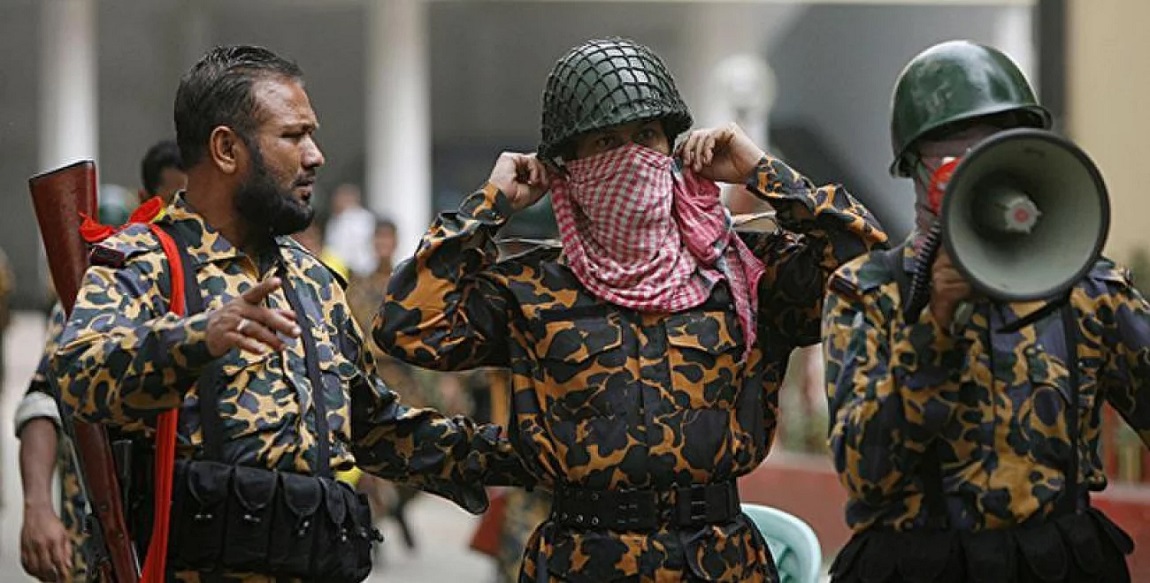

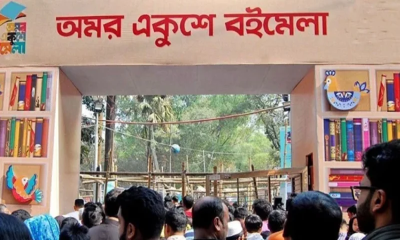




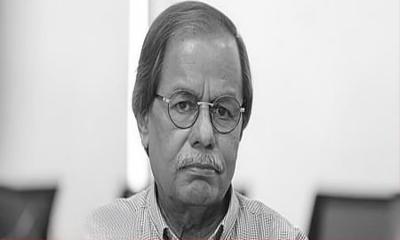



-20260217073221.webp)


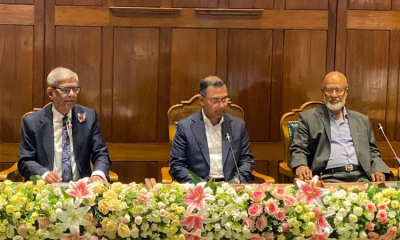

-20260216115008.webp)

















